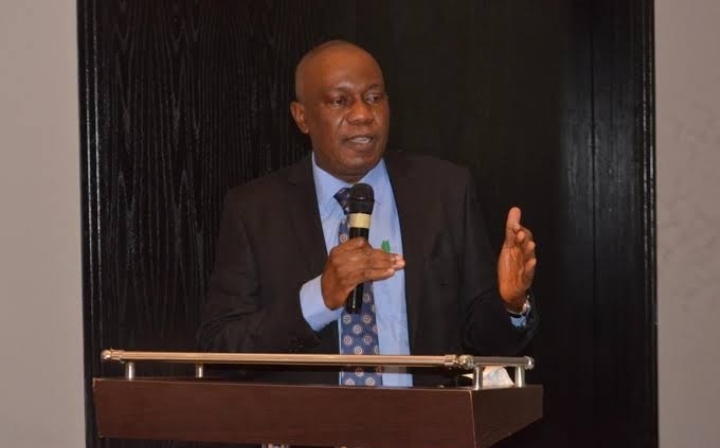By Mercy IyeneAbasi Etim
The Lagos State Government has announced plans to introduce a monthly and quarterly rent payment system, aiming to ease the financial burden on residents—especially low-income earners who struggle with the traditional yearly lump-sum demand.
Immediately I read the news story, my reaction was, “Another modern approach we can borrow from the UK and US.” But will this work in Nigeria, where all of us have “plenty sense”? Will it not increase rents once landlords do the maths?
As if the Commissioner for Housing, Moruf Akinderu-Fatai, read my thoughts, he added that, “This is not just policy on paper.” He says they are making real progress in ongoing consultations with landlords, property developers, and key stakeholders in the real estate sector to address potential challenges and refine the policy. “Of course, there are issues to resolve—things like landlord cooperation, payment tracking, and enforcement. But discussions are ongoing, and we are listening to all sides,” he said.
This should probably calm my nerves, but I remember dealing with Mr. Idowu Shada, the agent who manages his elder brother’s property at Abule-Egba.
You see, even though the real owner of that apartment was Gbolahan Shada—a successful tech bro who lived abroad, seemed quite intelligent, conversant with the law, had worked for Microsoft, and was doing quite well for himself overseas—he allowed his brother, Idowu Shada, who could barely string together three correct English sentences, to run the show and terrorise his tenants and prospective tenants.
Whenever it was convenient, Gbolahan, the “abroadian” landlord, would yarn about how Nigerians didn’t have systems or obey the law, while simultaneously using his brother to shirk his responsibility of maintaining the house. He refused to provide electric meters, banged on your door like a proper lunatic, increased the rent after our first six months, and gave us a quit notice in the seventh month.
We had all these problems despite being on a yearly rent agreement—and we only lived there for eight months. Imagine having to deal with Idowu Shada and his big brother on a monthly basis. Now, the likes of Shada are uncountable—landlords who act like they were called to this earth to frustrate your life. Many of them wait for that one-year mark to give you hell. Imagine a Lagos where we now give them twelve opportunities a year (instead of one) to hike rent, impose random charges, or threaten eviction.
Without strong laws, monthly rent won’t reduce stress—it will multiply it.
And if you’re reading this as a Lagos landlord and swearing for me because you’re not like that—but you’ve met tenants whom you strongly believe will never make it to heaven even if they bribe—trust me, I see you, and your bombastic side eye is justified.
Yearly rent forces many Lagosians to save, borrow, or rally family support to pay upfront. Monthly rent sounds easier, but let’s be real—how many people will consistently set aside that money instead of spending it on immediate needs?
In places like the US, missing rent can get you evicted in 30 days. In Lagos, I once watched my neighbour, Mr. Okaka, owe rent for three years. He was doing well in his business. The apartment was owned by a widow who needed the money to feed, but Mr. Okaka refused to pay because he was busy building his own house in the village. He saw how helpless the widow was and knew that her siblings, who co-owned the property, didn’t care for her. The widow eventually became ill and died. Mr. Okaka never paid. No wonder her daughter got angry and sold the entire property to spite everyone.
Lest we deviate, monthly rent seems like a good idea—but will the law checkmate greed? Will it promote accountability? And how will it contend with the “smartness” that many Nigerians have?
Hence, policy alone isn’t enough. For this idea to succeed, Lagos must enforce rent control to stop arbitrary increases and protect tenants from exploitation. There also needs to be a tenant protection agency to fast-track disputes so tenants aren’t left at the mercy of landlords. Finally, the government should partner with financial institutions to help tenants save or access low-interest rent loans.
Just as importantly, there must be laws that protect landlords from tenants—those who default intentionally, vandalise property, or exploit the system to live rent-free. The law must be fair and balanced, shielding both sides from abuse.
Without these measures, it’s just another “saner clime move” that’s not sane at all.
The government’s intention is good, but good intentions alone won’t stop—especially Lagos landlords—from turning flexibility into another money-making scheme.
So, before we celebrate, let’s demand real structures—not just policies that sound good at press briefings but crumble in real life. Otherwise, this “progressive” idea might just become another foreign concept that fails on Nigerian soil.

